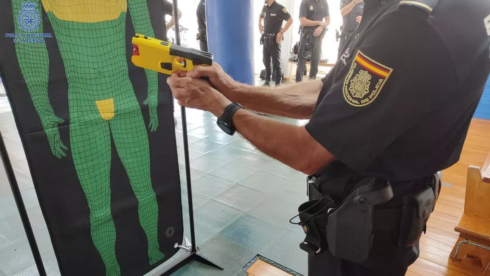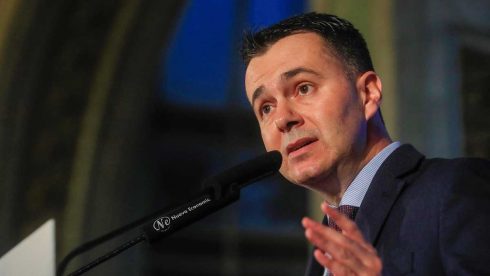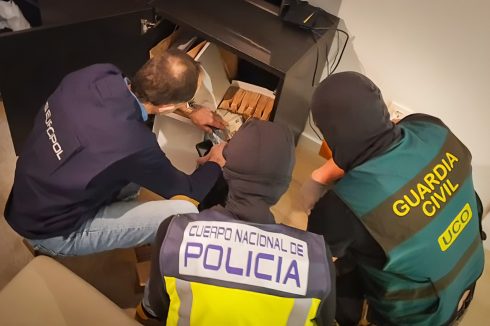THERE has been a blue surge in the Balearic local elections.
The conservative Partido Popular (PP) was the clear winner with it claiming the majority of votes and seats in most of the municipalities of the island.
Throughout the region it attracted 34.16% of the votes, which translates into 357 seats, 92 more than in the 2019 elections.
Meanwhile, the socialist PSOE, with 23.56% of the vote, lost two seats compared to four years ago.
Palma will see its current socialist mayor Jose Hila ousted by Jaime Martinez of the PP, which took 11 seats.
Martinez intends to form a minority government, but may end up needing to form a coalition with far-right party VOX.
In Campos, PP’s Francisca Porquer held on for another four years, while in Andratx, conservative Estefania Gonzalvo also obtained an overall majority with nine seats.
Meanwhile, in Calvia, although the socialists were the biggest party with 12 seats, the PP and VOX’s combined 13 seats will allow them to take office.
In Llucmajor, PP candidate Xisca Lascolas will become the new mayor if an agreement is reached with VOX and local party ASI.
Leftists resisted in Inca, where PSOE’s current mayor Virgilio Moreno will likely stay in office with the support of the MES left-wing coalition.
The left also kept Manacor, as MES candidate Miquel Oliver will stay as mayor thanks to a new coalition with PSOE.
Meanwhile, in Ibiza, PP has kept all five mayor’s offices in the province, achieving an overall majority in Ibiza Town, Sant Joan de Labritja, Sant Antoni de Portmany and Santa Eularia des Riu.
And in Ciutadella de Menorca, the PP obtained the most seats (nine), but a left-wing coalition could result in the SOE candidate Carol Cerda becoming the new mayor.
Overall, Balearics saw a voter turnout of 56.71%, an increase of almost 2% compared to the 2019 local elections.
Read more:
- Hiker rescued by helicopter after falling from a 3-metre height in Mallorca
- Mallorca’s Natural Charms Inspire Latest Novel by Author Diana Janney
Click here to read more Balearic Islands News from The Olive Press.








